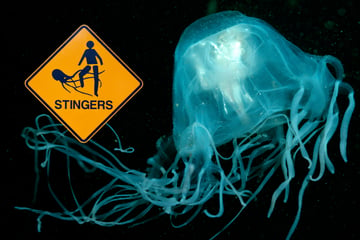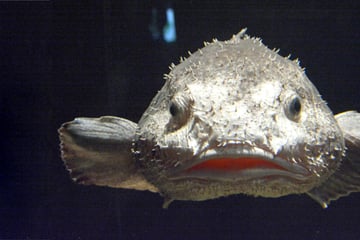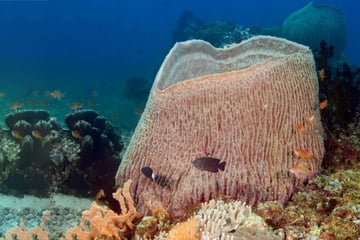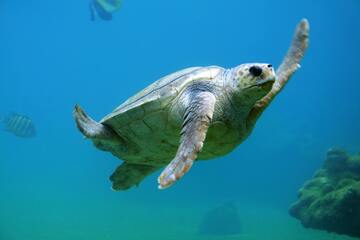What are the most social animals in the world?
Complex behaviors are common in the animal kingdom. Many choose to live alone, for one reason or another. Others, though, are social butterflies. Here are the most social animals in the world and what makes them tick!
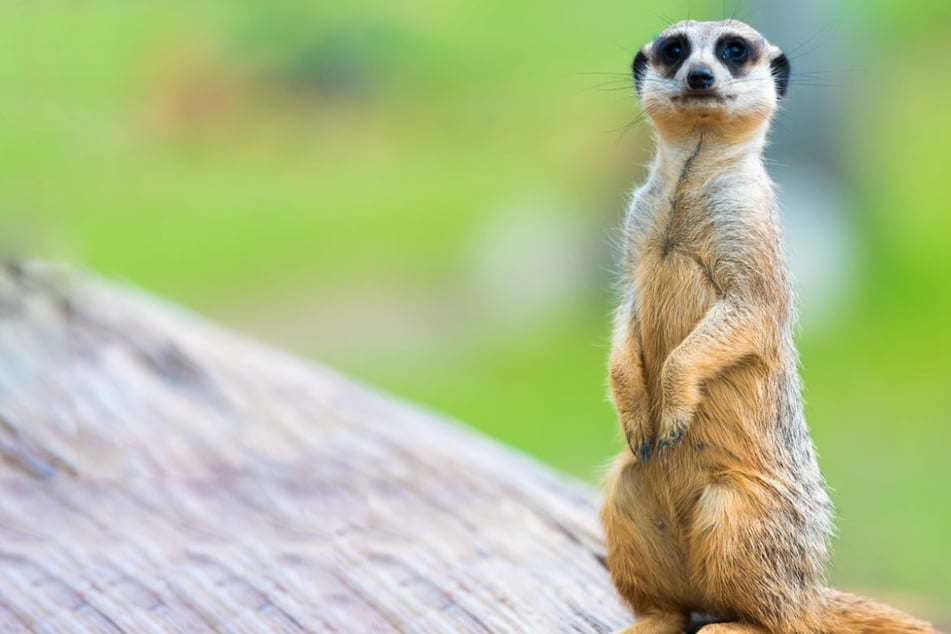
We've all been there, enjoying our alone time in whichever way we see fit.
But for many of us, there's also a need to enjoy a good outing with friends, out on the town or in nature.
Animals, in many ways, mimic certain human behaviors. In other words: some are sociable, some are not – and a select few are truly party animals!
TAG24 takes a look at the most social animal in the world, diving into the ins and outs of this animal record and taking a look at this little critter's biggest competition!
Most social animal in the world
In many ways, certain animals are even more social than humans, and far more loyal. Meerkats are, arguably, the most social of all the animals in the world. They maintain traditions, they exercise grace and kindness, and they give their lives to their extended family and friends.
Alongside the likes of dolphins and elephants, meerkats are even known to mourn the death of family members and friends. A meerkat's group is called a "mob" and they actually generally consist of a number of smaller families that live together, know each other well, and breed in pairs.
Why is the most social animal so communal?
With researchers diving deep into the lives of meerkats, it has been discovered that they are far more communal in their behaviors and habits than possibly any other animal on Earth. They are actually more loyal to each other than humans are, love to cuddle each other, care for injured or sick relatives and friends, and help raise each other's offspring.
Interestingly, as National Geographic points out, meerkats actually function in their own sort-of "society", with different members taking up different jobs over the course of their lives. The most well-known role is that of a sentry, who looks out for danger while the rest of the group makes themselves busy. It's a dangerous position, and they let out regular high-pitched squeaks to let the group know that they're safe.
This is a behavior that has become highly iconic, with that picture of meerkat standing up on its hind legs being famous right across the world. They look out for each other, warn each other, and quite literally stand up for each other. Love drives them to protect their colony, along with a sense of pragmatism, and something of an unspoken motto: "We're all in this together."
A meerkat's sense of community is about love and companionship, as well as survival, and they have evolved to stick together for the greater good of their mob. Indeed, their strength comes in numbers and if they went out as lone wolves (a silly term, considering wolves hunt in packs), each individual would quickly become the victim of a predator.
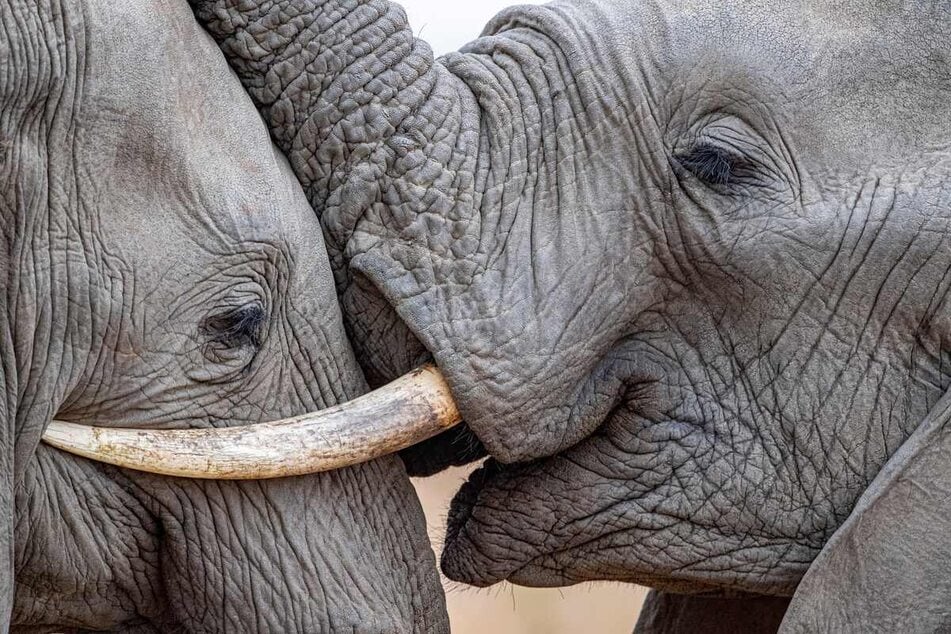
Other social animals
Few animals are quite as social as meerkats, but that doesn't mean that no other animals live together or rely on each other for survival. Indeed, we humans are quite a good alternative example (though, rather a cop-out answer as well), as are a few other types of primate.
Here are some of the other most social animals:
- Elephants
- Dolphins
- Penguins
- Wolves
- Chimpanzees
- Bees
- Lions
- Otters
- Dogs
Primates are unbelievably social animals, and that's why humans have evolved so well. Considering this reality, could it not be possible that the more social an animal is, the more likely it is to become the next human? Well, no, probably not...
Don't forget the elephant! It's said that an elephant will never forget, and there's a reason for the cliché. While, of course, eventually memory fades, these humble big-eared hubbies have insane memories and will recognize humans even after decades apart.
They will also react to humans dependent on the experience they had with that human the first time that they met. If the human had been aggressive, they will react in kind, and if the human is a friend, they will be friendly and loving.
To make matters even more interesting, elephants (like meerkats) also grieve for their dead, and will always look after their injured, elderly, and sick. They have strong hierarchies and deep relationships, often operating in a group incredibly reminiscent of the human "nuclear family".
Some animals live in groups, but not all
While animals like elephants and meerkats are incredible social and loving animals, which live in and contribute towards their communities, others are quite the opposite. Certain animals, like many cats, bears, and even some species of apes, far prefer to go it alone.
Even koalas are pretty lonely animals, living with only their children or simply by themselves in the case of the males. So what kind of animal does your social disposition best match?
Cover photo: 123RF / Stanciuc

